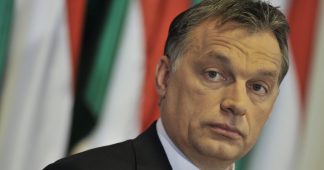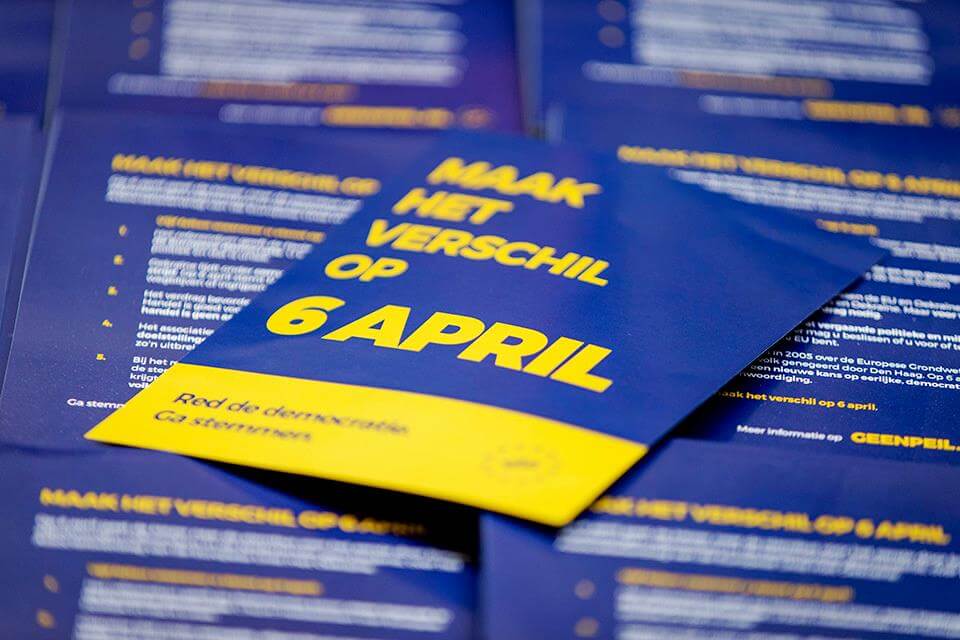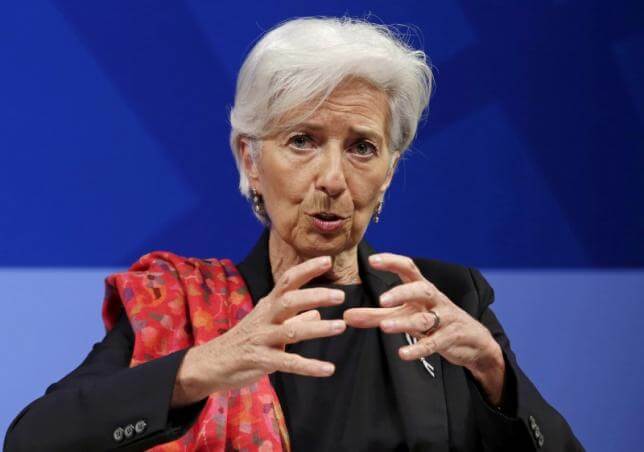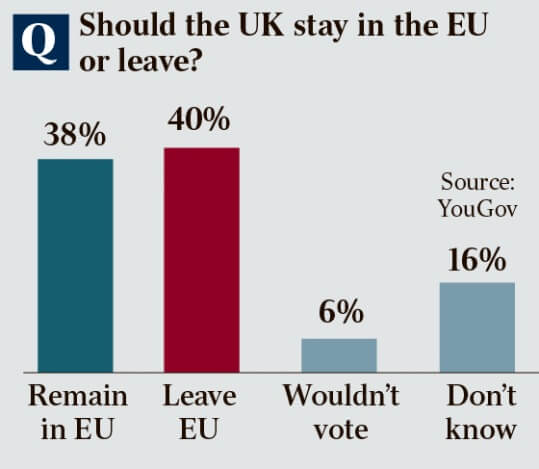Brexit is wreaking havoc everywhere. First and foremost in Europe, but — one can assume — the effects will also be felt in the physical makeup of Great Britain.
By Giulietto Chiesa
The first European leader – openly critical of the present Union — to pick up the ball and run with it, in the midst of the Euro2016 football Cup, was the president of the Czech Republic, Milos Zeman. And his penalty shot was extremely powerful. We don’t know yet if it’ll be a goal, but it surely won’t be easy to block it.
Indeed, Zeman said that even he himself thinks it necessary now, after the British vote, to hold a public referendum to allow his fellow citizens to express themselves on whether or not to remain in the European Union. The clamour (and concerns in various chancellors’ offices) was multiplied by his second proposal: that a referendum be held on whether or not to remain a member of NATO.
The two referendum questions would open not one but two cracks in the wall of current thinking on Europe. Zeman is well aware of this and quickly clarified that he personally is in favour of remaining in Europe (he was, however, notably silent on the NATO question) but that he will do “whatever it takes to give his fellow citizens the possibility to express themselves” on both questions.
Milos Zeman knows what he’s talking about. A recent poll conducted by the Istituto CVVM revealed that only 25% of citizens in the Czech Republic are satisfied with the state of affairs (one year ago it was 32%). Except that, in order to carry out the current president’s proposal, the country’s Constitution would need to be modified. And, to do that, a favourable vote in Parliament of at least 60% would be required. A majority that, if it were constituted, would amount to the fall of the present government led by Bohuslav Sobotka who immediately declared that he has no intention of announcing such a referendum. Not without adding that, even he himself thinks that it is necessary to send a “clear signal” to Brussels, by the autumn, on the need for “positive changes”.
In any case, Zeman’s move expresses a feeling that goes well beyond the presidential palace in Prague, and surely extends beyond the borders of the Czech Republic. Criticism of Brussels– whether it be on the management of the refugee tragedy, or the sanctions against Russia, or the monetary policy, or the new US missile installations in Poland and Romania– is widespread in Eastern European countries. They each have their own interests and various agendas, but they all regard Brussels with increasing intolerance. In particular, Zeman is concerned that common European security issues are being completely overlooked and has never hidden, on several occasions, his desire to reopen the subject of positive dialog with Russia.
Translation: Debora Blake











